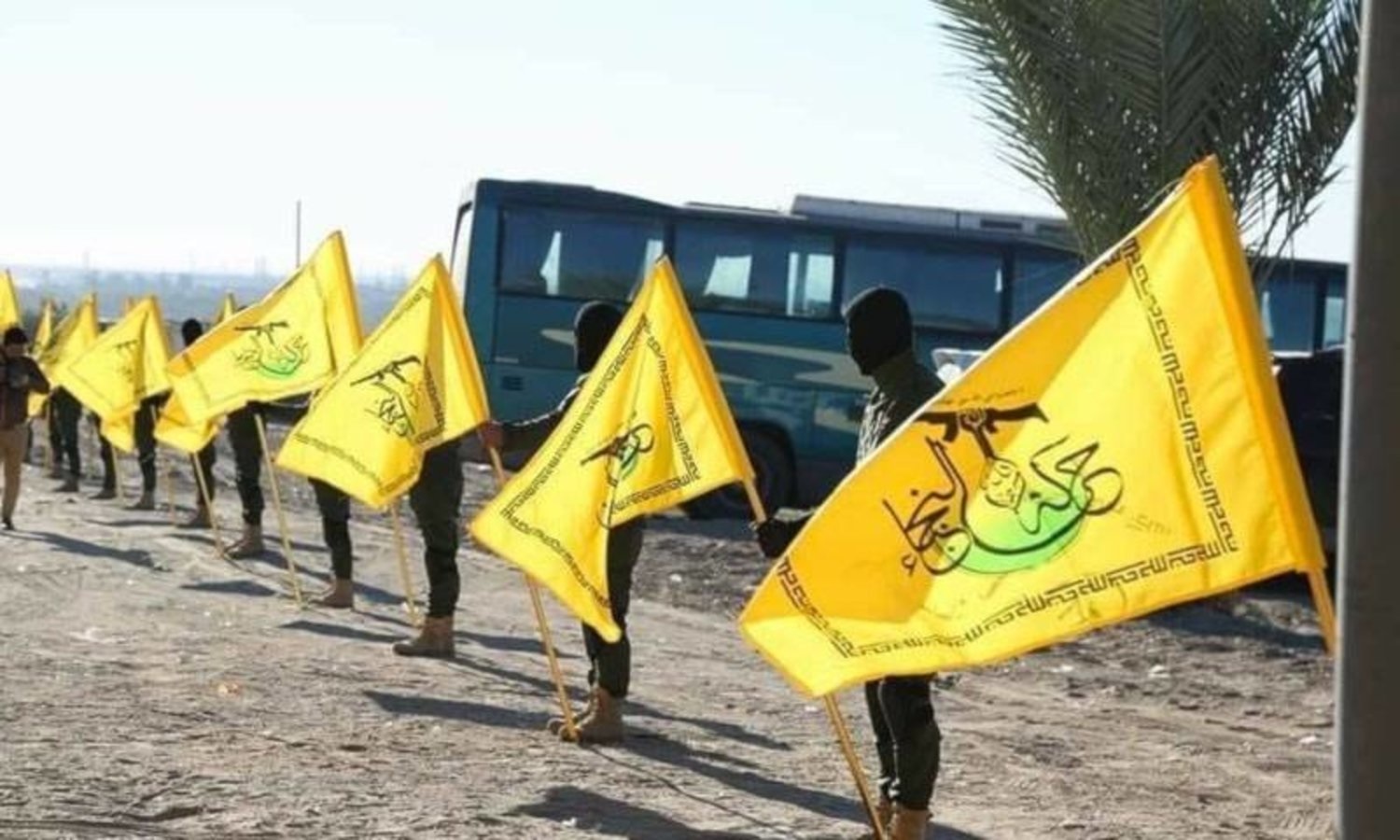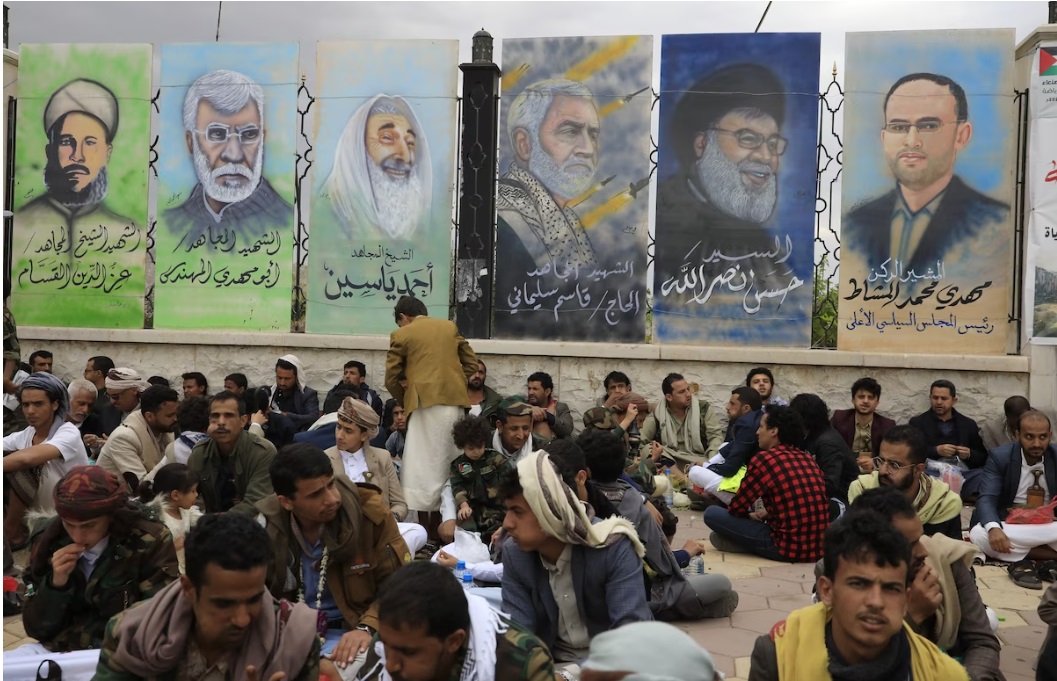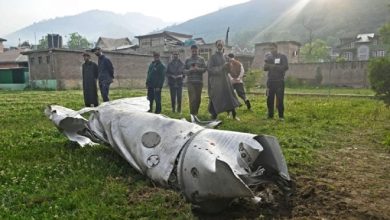Understanding the Al-Nujaba Movement’s Ceasefire: Iran’s New Strategy in the Middle East

Watan-The Iraqi Al-Nujaba Movement issued statements in which they justified following Iranian instructions not to provoke the United States and its bases in the region, as reported by The Washington Post. They spoke of a conditional ceasefire to allow for the withdrawal of American forces from Iraq, according to their statement.
The New Arab website quoted the spokesman for the movement, Hussein al-Moussawi, commenting on American reports indicating an unofficial ceasefire in Iraq regarding the cessation of attacks on US military bases.
Al-Moussawi stated that communication with the Iraqi government on this matter was ongoing, saying, “The ceasefire currently is an opportunity for the Americans and the international coalition to complete the requirements of withdrawal from Iraq, and the resistance’s arms are ready, steadfast, and capable of confrontation at any time.”
Attacks on US bases in Iraq and Syria
During the past four months, the Al-Nujaba Movement had launched attacks against the US-led international coalition, hitting military bases in Iraq and Syria and claiming to target foreign bases dozens of times. Additionally, they struck targets inside the occupied Palestinian territories through strikes launched from Syria.
However, these strikes did not change the situation in Gaza, where bombardment and suffocating blockade continue. Arab activists accuse the resistance axis of merely staging actions that have not affected the war.
The United States responded to the Al-Nujaba Movement with airstrikes targeting armed faction headquarters in Jarf al-Sakhr in Babil province and the city of Al-Qaim on the Iraqi-Syrian border. They killed the movement’s leader, Abu Taqwa al-Saadi, in a strike in Baghdad on January 4, 2024.
Hoping for American withdrawal!
Regarding the decision of the Iranian-affiliated Al-Nujaba Movement to halt provoking American forces, spokesman Hussein al-Moussawi said, “Washington realizes that its presence is fundamental and necessary in Iraq, but the United States must realize that its military presence represents instability, and therefore they must abandon their colonialist ideas.”
He continued, “The Americans do not want to leave Iraq because their interests in the region and in West Asia, and in Iraq specifically, prevent that, and they have linked all Iraqi political and economic interests to themselves, in order to strangle Iraq and limit its options.”
Al-Moussawi pointed out that “there are Iraqi leaders and politicians who consider their existence linked to the American presence, indicating their lack of national conscience, knowing that national interest should outweigh personal and political interests,” he said.
It is worth mentioning that the Al-Nujaba Movement was founded in 2013 after several splits within the Sadrist movement led by Muqtada al-Sadr. Members claim that leaders from Hezbollah, backed by Iran, trained the new group and prepared them under the leadership of al-Kaabi, who was a leader in the Mahdi Army established in 2003.

A new Iranian tactic
The American Washington Post revealed a new tactic by Iran with the United States in the Middle East, by secretly requesting its allies in the region not to provoke US forces.
The newspaper stated that Iranian-affiliated groups received instructions to avoid threatening or provoking US forces and to exercise caution after the strikes carried out by the United States against these militias.
Iranian-backed militias in several Arab countries had launched attacks against Israeli and American targets, prompting responses from Tel Aviv and Washington with attacks that resulted in casualties, including leaders of these groups.






